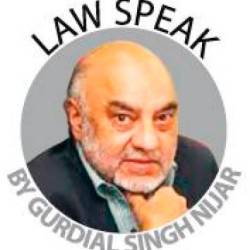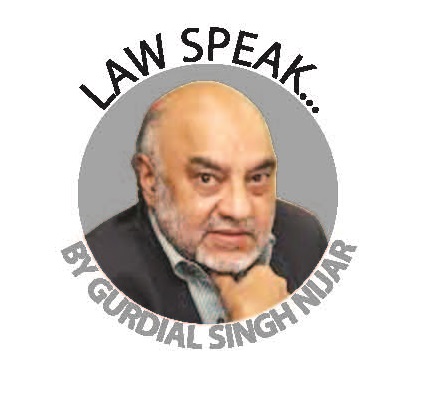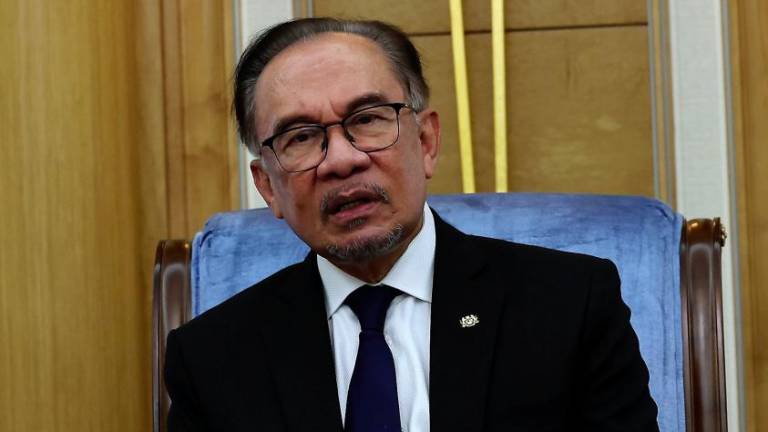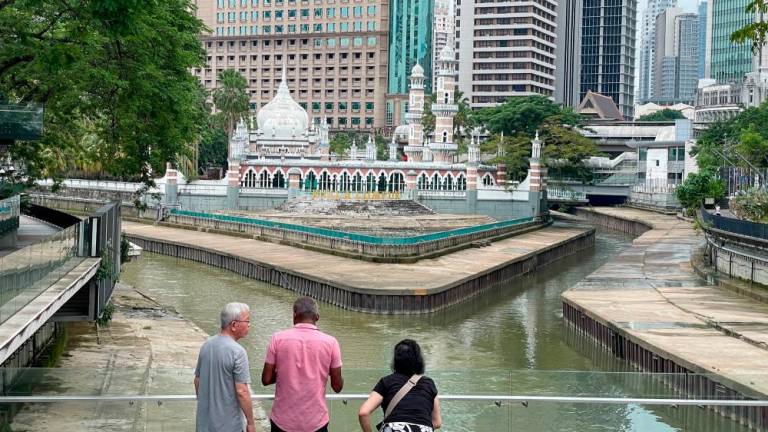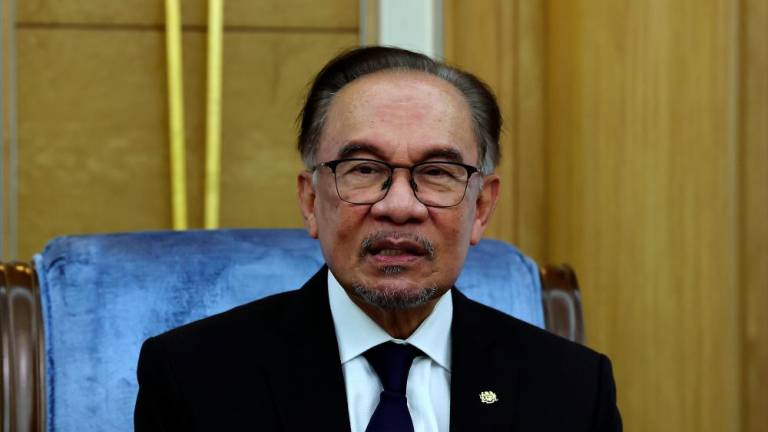THE appointment of Latheefa Koya as head of the Malaysian Anti-Corruption Commission (MACC) has fuelled an intense debate. Arguments for and against have flowed freely. Much of it focusing on a perceived flawed process for her appointment. Some speak of adverse public perception of the MACC as Latheefa was a member of a political party until the eve of her appointment. Some hint obliquely at the possibility of selective prosecution of those she had crossed swords with. The Bar Council even cited her lack of investigation experience.
Whatever, the vibrant debate is a good sign of the New Malaysia. No longer the sword of a sedition charge when decisions of high authority are challenged. Thumbs up for media freedom.
Predictably, this maelstrom was to be expected. After all, did not PH rile against the prime minister’s overarching power that led in the past to outright abuse? Perhaps this, more than anything else, triggered an unprecedented outpouring of divergent views.
The appointment was made by the PM under section 5(1) of the MACC Act which gives him the power to do so; although formally it is made by the king. There is no other provision for the appointment. So the legality of the appointment is beyond question.
The appointment is “for such period and on such terms and conditions as may be specified in the instrument of appointment”. Latheefa’s tenure is for two years. Beyond that no other term is prescribed.
All recent crucial appointments have followed this same process. That of the chiefs of such key institutions as the police, the judiciary, Bank Negara, Khazanah and several other GLCs. Not to forget the choice of speaker and deputy speakers of Parliament. All well received, generating no heat or fury. As also the appointment of ministers, deputy ministers and similar political posts.
The gravamen of the critiques is that a parliamentary select committee was established to oversee appointments to major institutions. Essentially, to restrict the PM’s absolute power to appoint. In accord with the PH manifesto. To provide against the abuse of the past. We saw how the AG was fired summarily; the PAC was dismantled hastily; the task force to investigate 1MDB was promptly scuttled; and the new AG declared Najib’s innocence. Hence the proposal to establish parliamentary committees for the peoples’ representatives to maintain an effective enabling mechanism to effectively oversee the executive; and establish an effective check and balance to safeguard the public interest against abuse of power. Corruption, as recognised, undermines long-term economic growth.
Hence on its 96th day, a government media statement announced that a special cabinet committee on anti-corruption had considered a transparent mechanism to appoint the MACC head, namely a parliamentary select committee (PSC).
Consequently, a PSC was set up by Parliament to oversee appointments to major institutions, including the MACC head. It would give its views on persons proposed by the PM. Its terms of reference allow it to summon any person to assist it in its work; and to submit its report to Parliament for approval. To ensure accountability and transparency.
Regretfully, no further detailed rules governing the conduct of its work was established. In contrast with, for example, UK’s PSC on administration. Its rules deal with the scope of its work, its function, its right to make recommendations to Parliament and to make rules and give directions to officers of Parliament.
Also its make-up and meeting quorum; the power to send for persons, papers and records; to appoint specialist advisers either to supply information which is not readily available or to elucidate matters of complexity within the committee’s order of reference and appoint sub-committees. And finally the right to call witnesses and to publish the evidence it receives as well as the right to open its hearings to the public. Its reports are made to Parliament and transparent enough to be subjected to public scrutiny.
Admittedly, the cabinet’s proposed process was not followed. Even though arguably, this is not a strict legal requirement. The PSC may also have been remiss in not crafting comprehensive rules as to the review process. Or in remaining relatively silent (save for a media statement) when it was disregarded previously as regards the appointment of the CJ and the IGP.
Given the furore, including by her erstwhile party colleagues, Latheefa’s appointment would have hit a wall. The PM has deftly avoided this potential quagmire.
Nonetheless, we must revert to a consultative process of all major appointments in the future. And a clear legal basis established, replete with comprehensive rules, to make PSCs effective. To oversee all facets of governmental activity. Crucially, the power in the Act for the PM to remove the MACC head at any time must be deleted.
It appears that the issue of PSCs is being publicly raised only in the case of Latheefa’s appointment. Perhaps her fierce independence in the past has brought this on. But this itself proves her mettle – fearless, outspoken, even rambunctious. No serious public comments have disputed her eminent suitability for the post.
Undoubtedly, Latheefa will be under intense public scrutiny: whether she measures up to the expectations of the public in advancing the ethos of a corruption-free New Malaysia. After all, the proof of the pudding is in its eating.
So let’s suspend any judgment until then. Time will surely tell.
Gurdial is a former law professor at University Malaya. Comments: letters@thesundaily.com



